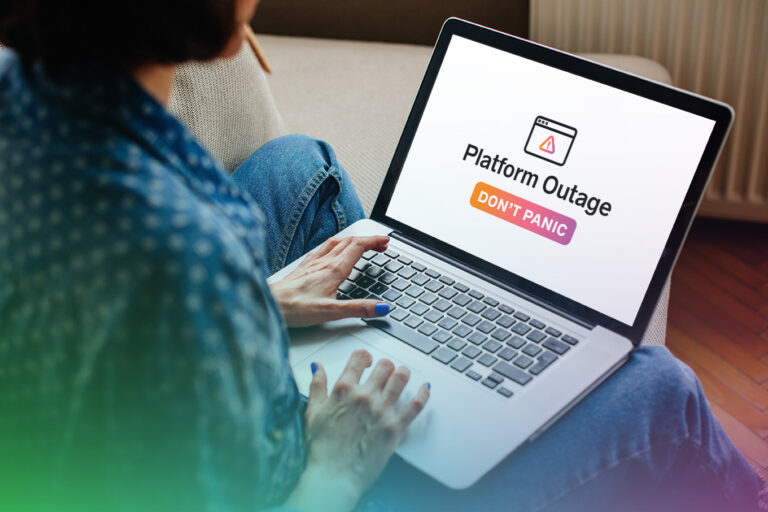The holiday season is just weeks away. Not making your personal plans yet? Well, hundreds of thousands of travelers are. While COVID-19 variants will likely affect consumer priorities, it’s critical to understand how today’s travelers are making their vacation and other decisions. Here are a few insights you need to know. (And, by the way, think these observations only apply to the hospitality industry? No. These perceptions and behaviors impact all dimensions of the economy.)
Opportunities are increasing – if they are positioned correctly.
According to an October Think Google study , 36% of people are now participating in some sort of travel activity. Moreover, travelers say they feel safer, with the perceived risk of taking a vacation down by 17% since January 2021. With so much still up in the air though, people want the flexibility to cancel or postpone trips. The New York Times reports that some luxury travelers are even “trip stacking,” or buying two trips for the same period in case one falls through due to unforeseen events. Booking and cancellation flexibility ranks as a critical factor influencing holiday travel decisions, behind price considerations.
Travelers are sticking close to home. Take advantage of it.
As COVID-19 cases continue to fluctuate, it’s no surprise that many are still planning to make travel decisions within geographical reach. In a new study from Google among those expecting to travel within the next three months, there’s an even split between those who plan to go outside of their state but within their own country, and those who say they will travel within their state. Focus and target your outreach and messaging accordingly.
Meet them where they are.
When it comes to overall buying trends, according to CBS Moneywatch, U.S. consumers will spend up to nine percent more this holiday period compared to 2020. That would be an improvement over holiday spending over the past two years, when sales grew less than six percent in 2020 and just over four percent the previous year. And much of that is predicted to be online versus brick-and-mortar shopping, says Deloitte. So, what does that mean for resorts, hotels, and restaurants – and other businesses? Strengthen your online presence. Now. That means bolstering your website, social media, and digital advertising to meet and target prospects where they are.
Remember, consumer expectations were already on the rise before Covid-19, but when the virus hit, digital demand accelerated overnight. Consumer expectations skyrocketed in terms of what companies could do for them online. With opportunity on the horizon, it’s not a time to fall short.
It’s all about relationship building.
Guest/customer-centricity needs to remain a top priority during an adjustment to the post-pandemic marketplace. For instance, visiting friends and family will be the primary reason to travel this holiday season, statistics show. And tightening those relationships likely extends across other consumer decision-making as well. Why?
The pandemic quickly changed relationships both within the friends and family sector and between businesses and customers. Staying at home to flatten the curve, for instance, negatively impacted the mental health of many. Businesses – travel, retail, and others – discovered consumers now often respond most favorably to messages delivered with care, honesty and understanding.
In addition, Harvard Business Review observed, spending is being cemented (or lost to competitors) based upon “how well companies understand consumers’ new priorities that were forged by the degree of uncertainty, fear, strife, or loss each individual experienced. These considerations will influence not only what customers choose but also how they go about choosing.” The successful will drive growth by being “customer-centric, designed not as a path to purchase, but as a path to purpose.”
Not sure what your customers and prospects are valuing right now? Then it is time to ask. And quickly.
Consumers want a positive experience. Every time.
Buyers today want buying experiences will be frictionless, anticipatory, relevant, and connected, Harvard Business review observes: “In other words, they are concerned only with getting what they want, when they want it. And they insist nothing gets in their way.” Creating these experiences requires strategy and relevancy in the content they access, the physical/virtual/hybrid experiences they have and the convenience they can offer. One-size-fits-all approaches no longer work as consumers increasingly demand greater personalization and stronger human connections.
The bottom line? While opportunities continue to grow within the hospitality, retail, and other sectors, so do buyer expectations. It’s critical to double-down on understanding who you are really selling to, what you know about their current mindset, and how you are going to strategically – and creatively – target them.





